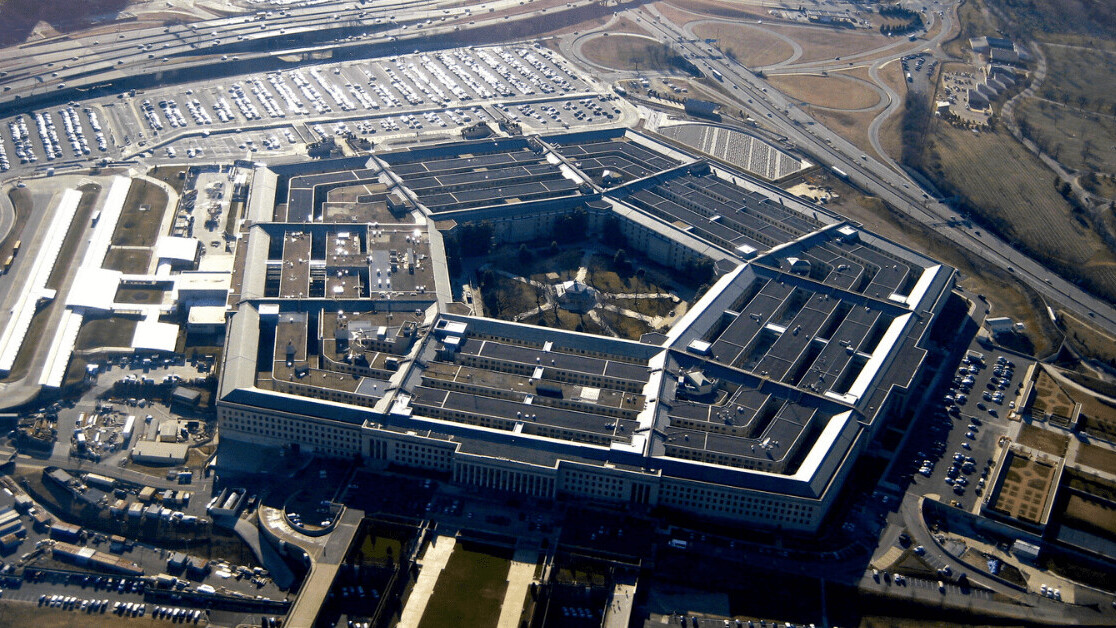The Pentagon is investing in body-worn sensors that identify who’s infected with COVID-19 — and who’s likely to catch it.
Sensors will be provided to military hospitals in the US and sites across Southeast Asia, according to a press release.
The sensors are worn the chest or wrist, from where they continuously measure vital signs. Algorithms will analyze the data to spot any changes that signal early signs of infection.
The project is being led by physIQ, a healthtech firm that has previously used analytics to monitor Ebola patients.
[Read: ‘Pandemic drones’ are flying over the US to detect coronavirus symptoms]
“The second wave [of the pandemic] is going to come this fall. I’m already hearing people talk about, ‘How do I bring my employees back?'” physIQ founder Gary Conkright told ABC News. “We think we’re working on a solution to that.”
Searching for treatments
The project’s primary aim is to monitor COVID-19’s progression in people who know they’re infected — but it could also identify people with no symptoms at all.
PhysIQ wants to use the insights to evaluate new treatments for COVID-19, which may be administered to study participants enrolled in the program.
The company plans to track thousands of people exposed to the virus. The Pentagon hasn’t disclosed how much it’s spending on the program, but it’s expected to cost tens of millions of dollars.
The project joins a growing range of initiatives using wearables to analyze COVID-19 symptoms. None are yet able to confirm a coronavirus case, but they could help plug the enormous gaps in COVID-19 testing.
Get the TNW newsletter
Get the most important tech news in your inbox each week.





